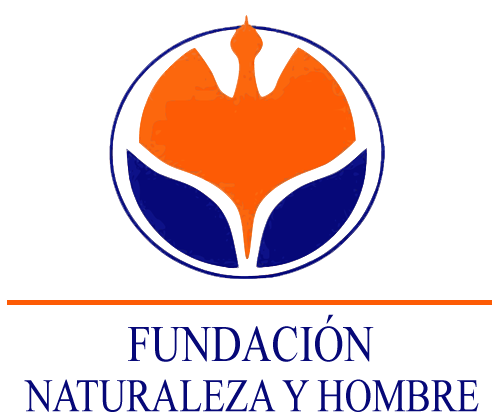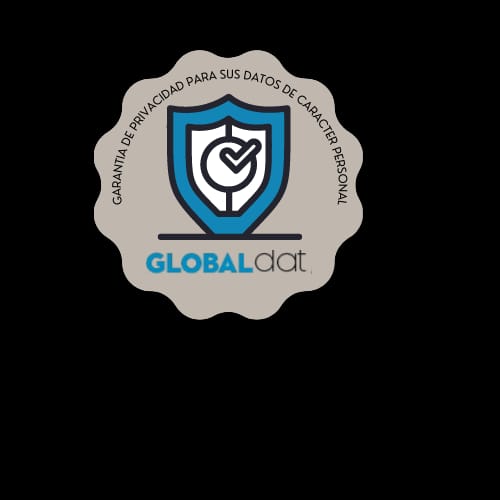De-Intensification of the Reserve
The farm was exclusively used for livestock farming, which in recent years, thanks to the actions carried out, has turned into a commitment to nature conservation as a preferential and priority use, with any other activity being subordinated to the former.
The effects of the cessation of the ploughing of the farm have led to a progressive enrichment of the flora and the community of lepidoptera and have made possible the recovery of certain species of reptiles whose increase has been both verifiable and very evident.
Natural pollinators have re-colonized all the habitats as they have no artificial competitors. Natural hornets have proliferated profusely. The same phenomenon has been experienced by amphibians, which are much more diversified in number of species and in abundance.
Campanarios has become a Hunting Refuge, where after several years with no hunting activity the species have increased exponentially. The wood pigeon has multiplied by 20 its wintering numbers, the hare Lepus granatensis has tripled its population and the wild boars Sus scrofa have been more present in the whole reserve, as well as the roe deer Capreolus capreolus.
Conservation actions
Over the last few years work has been done to recover and conserve the ecological values of this Reserve, through the implementation of a series of actions:
To manage in an integral-active way. With direct benefit on the species with the greatest dispersing efficiency (birds, insects and plants).
To improve the transversal permeability for the species.
Create a reserve space without intensive use and not subject to hunting: generating a place of reproduction and refuge for species and providing biodiversity to the rest of the large Natura 2000 Network space.


Comments are closed.